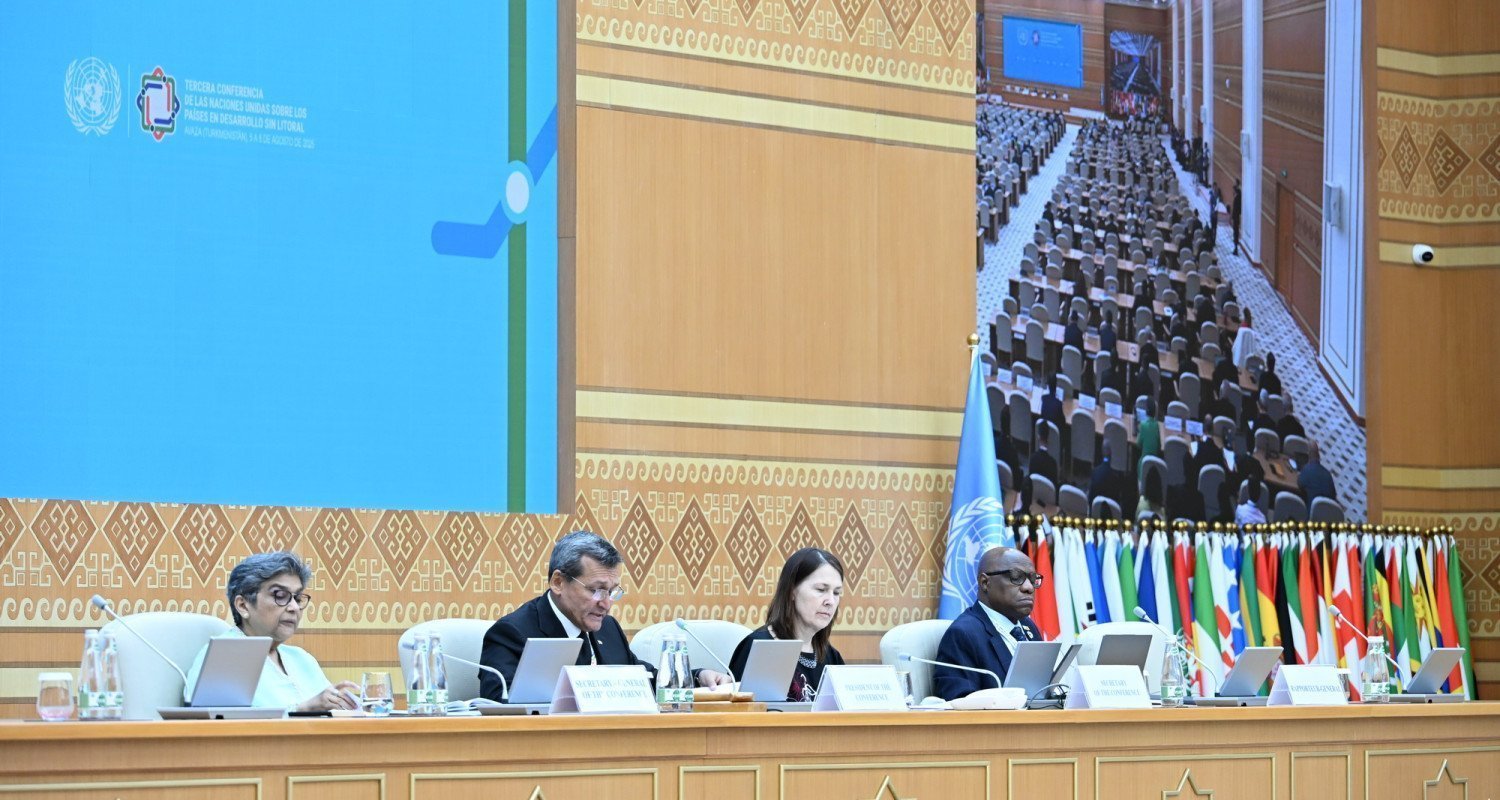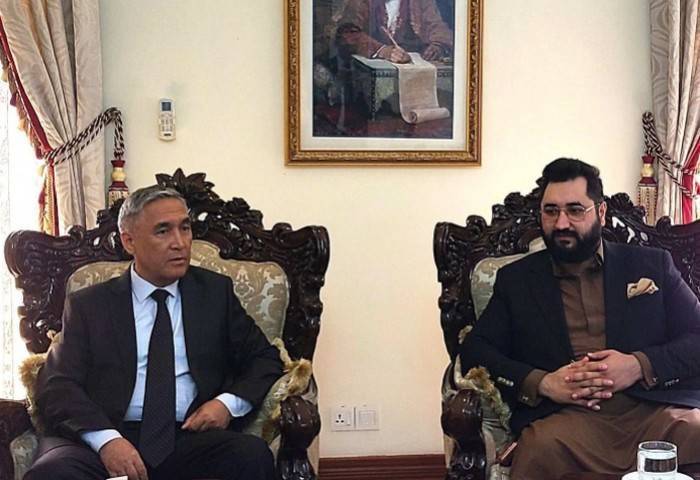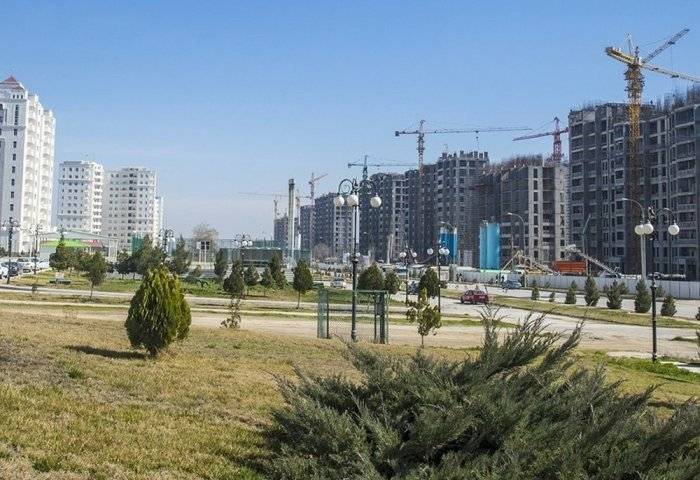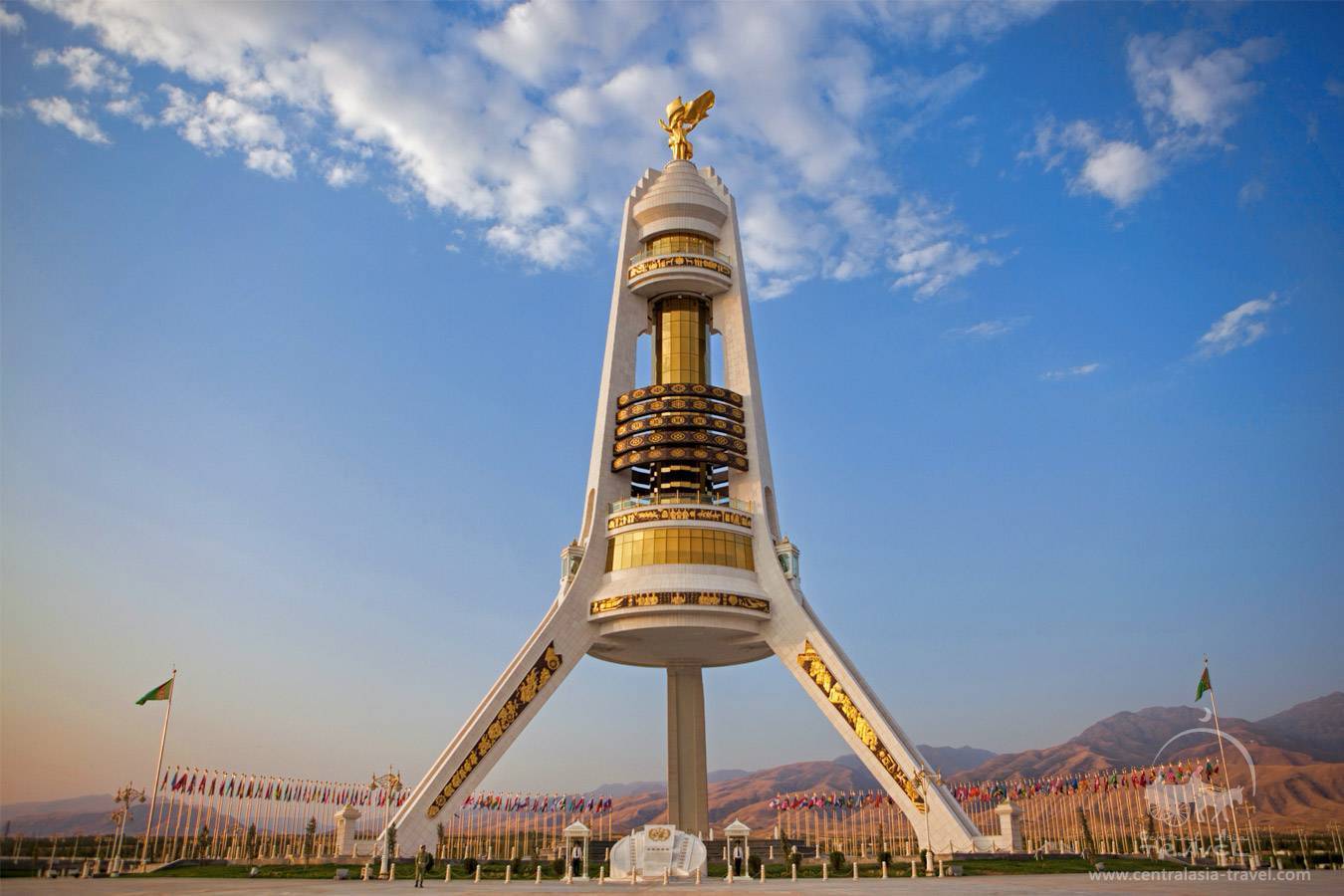
The UN Representative Forum has completed its work
On August 8, 2025, the final plenary session of the Third United Nations Conference on Landlocked Developing Countries was held, which was attended by high-level officials of LLDCs, international organizations, as well as representatives of the private sector and civil society.
One of the first topics of discussion was the reports on the results of thematic roundtables devoted to such issues as trade facilitation, modernization of transport and energy infrastructure, attracting investment, adaptation to climate change, high technology and innovation.
Particular attention was paid to the results of the forums held within the framework of the Conference, which became an effective platform for dialogue between government agencies, the private sector, youth, parliamentarians and civil society, and created conditions for identifying new opportunities in terms of investment and innovation. Then the draft Avaza Political Declaration was considered. It notes the importance of an integrated approach to solving the problems faced by LLDCs. In particular, the document defines specific measures to improve transport infrastructure, develop trade, adapt to climate change and strengthen institutional capacity.
The final part of the meeting was devoted to the closing of the Conference. Representatives of states and international organizations in their speeches expressed gratitude to the Turkmen side for the high level of organization of the event.
As Deputy Chairman of the Cabinet of Ministers, Minister of Foreign Affairs of Turkmenistan R. Meredov noted, during the Conference, landlocked developing countries demonstrated that, thanks to political will, multilateral cooperation and shared responsibility, they can overcome geographical barriers and become the driving force of regional and global development. The Avaza Action Program for 2024-2034, along with specific measures to modernize the transport and transit system, diversify economies, intensify digital transformation, increase resilience to climate change, and attract investment, provides for the creation of a platform for inclusive and sustainable development in all landlocked developing countries.
Source of information: Ministry of Foreign Affairs of Turkmenistan



